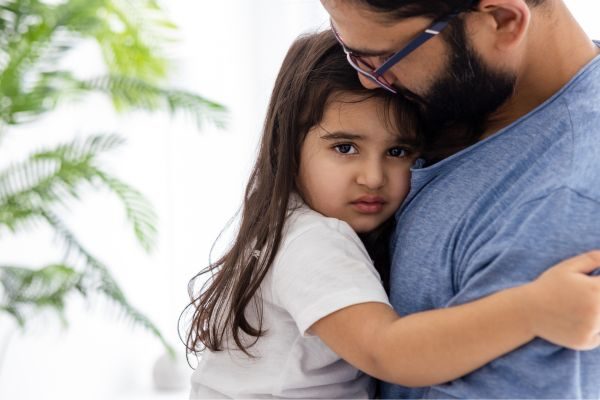What Will Happen to My Children if I Get a Divorce or Separate?
One of the most emotional and challenging aspects of going through a divorce or separation is the impact it will have on your children. As a parent, it's natural to worry about their well-being and how the changes will affect them.
In this article, we'll break down the key orders that a court can make regarding children and explain what Parental Responsibility means in simple terms.
Child Arrangement Orders
In the past, terms like "contact" and "residence" were used to describe where a child would live and who they would spend time with. However, these terms were updated in 2014 to be more modern and reflective of shared parenting roles. Now, the focus is on who the child will "live with" and "spend time with." It's common for parents to share the care of their children, even if the time isn't split exactly equally.
Prohibited Steps Orders
A Prohibited Steps Order is a legal measure that prevents one parent from taking certain actions, such as removing the child from the country without permission. This ensures that both parents have a say in important decisions affecting their child's life.
Specific Issue Orders
Sometimes, parents may disagree on specific issues related to their child, such as schooling or changing the child's name. A Specific Issue Order allows the court to make a decision on these matters to ensure the child's best interests are prioritized.
Parental Responsibility
Parental Responsibility (PR) encompasses all the rights, duties, powers, responsibilities, and authority that a parent has concerning their child and their property. It's important to note that having PR is not the same as being a parent. For example, a mother always has PR for her child. If the parents are married or in a civil partnership at the time of the child's birth, both parents will have PR. However, if the parents are not married or in a civil partnership, the father will only have PR if he is named on the child's birth certificate after December 1, 2003.
PR can also be acquired through other means, such as marrying the mother, entering into a PR Agreement, obtaining a court order, adopting the child, or becoming the child's guardian. It's also possible for individuals other than the biological parents, such as step-parents or grandparents, to obtain PR.
Who Can Apply for a Court Order?
If you need to apply for a court order under Section 8 of the Children Act 1989, you might need the court's permission. However, you do not need permission if you are the parent, guardian, or special guardian of the child, or if you have PR. Other individuals, such as those with whom the child has lived for at least three years, may also apply without needing permission.
How We Can Help
Navigating the legal aspects of divorce or separation can be overwhelming, especially when it comes to your children. Our Family Law experts are here to help you understand your options and make informed decisions. To arrange your complimentary initial consultation, click on the button below or call us today on 0800 999 4437. This is your opportunity to speak with a legal professional and find out more about what your options are given your unique circumstances.

